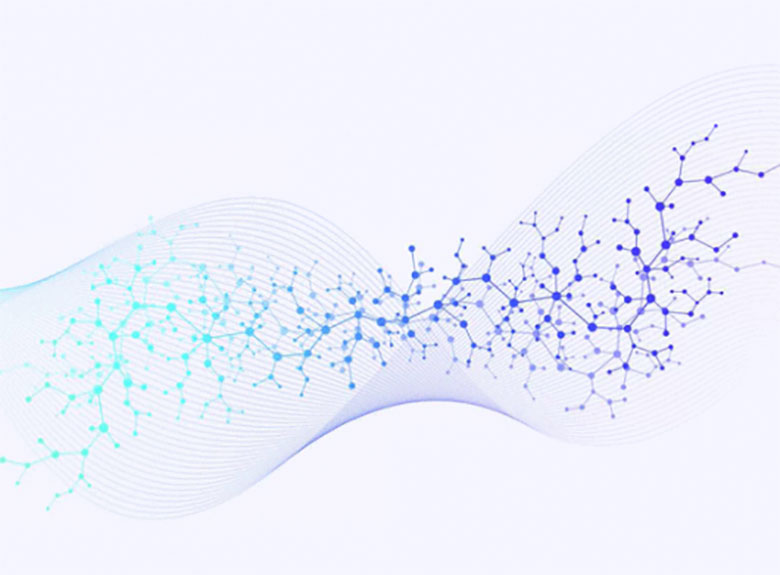
Signal processing is an engineering discipline known to involve abstract and complex concepts. Curriculum development should be informed by an understanding of the most critical and challenging learning in the field. Threshold concept theory and threshold capability theory provide a framework describing the features of the most critical and challenging learning in any discipline. The framework describes the effort of overcoming thresholds as troublesome, with a process that is often messy and long. Five coursework master's students, six postgraduate research students, and five academics were interviewed about their experiences with threshold concepts in signal processing. Two major threshold concepts were identified: time-frequency transformation and discretization. Self-regulated learning through years was needed to overcome the thresholds. Based on students' comments, the following are recommended to support learning in signal processing: integrated units, an introduction to how signals can be represented and why signal processing is used, examples of real applications, visualizations, practical laboratory exercises with prework, small applied projects throughout units, ample sample problems, the development of learning communities through consistent class groups, and opportunities to ask questions. Coursework and research students reported developing efficacy in self-directed learning as a consequence of overcoming threshold learning in signal processing.
Signal processing is an engineering discipline known to involve abstract and complex concepts. Curriculum development should be informed by an understanding of the most critical and challenging learning in the field. Threshold concept theory and threshold capability theory provide a framework describing the features of the most critical and challenging learning in any discipline. The framework describes the effort of overcoming thresholds as troublesome, with a process that is often messy and long. Five coursework master’s students, six postgraduate research students, and five academics were interviewed about their experiences with threshold concepts in signal processing. Two major threshold concepts were identified: time–frequency transformation and discretization. Self-regulated learning through years was needed to overcome the thresholds. Based on students’ comments, the following are recommended to support learning in signal processing: integrated units, an introduction to how signals can be represented and why signal processing is used, examples of real applications, visualizations, practical laboratory exercises with prework, small applied projects throughout units, ample sample problems, the development of learning communities through consistent class groups, and opportunities to ask questions. Coursework and research students reported developing efficacy in self-directed learning as a consequence of overcoming threshold learning in signal processing.

